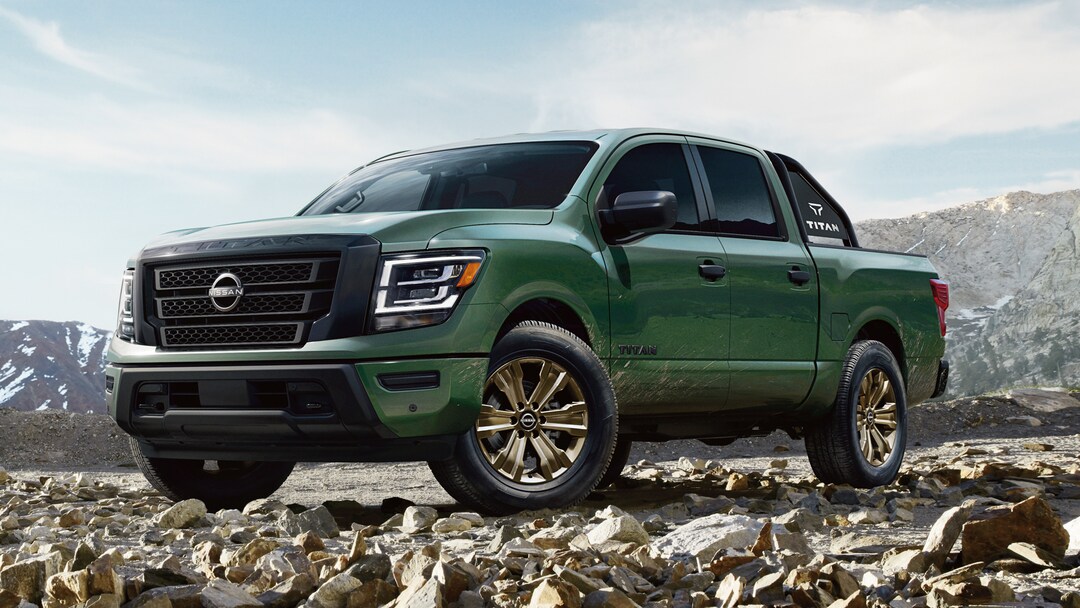Towing is one of the primary reasons many drivers invest in pickup trucks. Whether hauling a camper for weekend adventures, transporting work equipment, or towing recreational vehicles like boats or ATVs, the ability to tow safely and efficiently is a critical factor when selecting a truck.
However, not all trucks are created equal when it comes to towing preparedness. Some come fully equipped from the factory with comprehensive tow-prep packages that make heavy hauling not only possible but also safer and more convenient.
Others, by contrast, offer only the bare minimum tow gear or require additional aftermarket modifications to handle significant towing tasks effectively.
Tow-prep packages are essentially a collection of factory-installed components and features designed to optimize a truck’s ability to tow trailers of various sizes and weights.
These packages often include critical hardware like heavy-duty hitch receivers, integrated trailer brake controllers, upgraded cooling systems for the engine and transmission, and specialized suspension components designed to improve stability and ride quality while hauling.
Additionally, many modern trucks incorporate advanced technology such as trailer sway control, backup assist systems, and sophisticated camera setups to enhance the towing experience, helping drivers stay safe and confident on the road.
The difference between trucks equipped with robust tow-prep packages and those with minimal tow gear can significantly impact not just towing capacity but also safety, durability, and ease of use.
For example, a truck equipped with advanced trailer sway control and an integrated trailer brake controller offers far greater control and security when towing heavy loads compared to one that lacks these features.
Similarly, upgraded cooling systems and suspension components prevent excessive wear and overheating, enabling the truck to tow for longer distances without risking damage to critical drivetrain parts.
Moreover, the tow-prep package often influences how quickly and easily a driver can hitch up a trailer and navigate tight spots. Features like Pro Trailer Backup Assist or Trailer Reverse Guidance simplify backing up with a trailer, a task many drivers find intimidating and challenging.
Trailer tire pressure monitoring systems and lighting diagnostics reduce the risk of roadside breakdowns by alerting drivers to potential issues before they become critical. These conveniences translate into less stress and more confidence, whether towing a lightweight utility trailer or a large camper.
In the landscape of pickup trucks, manufacturers take widely varying approaches to tow-prep gear. Some brands, like Ford with its F-150 and Chevrolet with the Silverado, offer comprehensive tow packages loaded with technology and hardware aimed at heavy-duty use and frequent towing.
These trucks are often seen as workhorses, ready to handle the toughest jobs right from the dealership lot. On the other end of the spectrum, models like the Honda Ridgeline or Nissan Titan come with more modest tow setups that suit casual or light-duty towing but may leave owners wanting more if they attempt to tow larger trailers regularly.
Understanding these differences is crucial for buyers to select the right truck that matches their towing needs without unnecessary expense or compromise. For commercial operators or avid outdoor enthusiasts, a truck equipped with an advanced tow-prep package is often a worthwhile investment, saving time, money, and potential headaches down the line.
For drivers who only occasionally tow smaller loads, a truck with minimal tow gear might suffice, provided they are aware of the limitations and ready to upgrade if necessary. This article explores five trucks known for their best tow-prep packages, highlighting the features and technologies that make them stand out in the towing world.
It also examines five trucks with minimal tow gear, discussing the trade-offs and considerations buyers should keep in mind when evaluating their towing capabilities. By understanding the strengths and weaknesses of these vehicles’ tow-prep setups, readers can make informed decisions and ensure their truck meets their towing demands safely and effectively.
Also Read: 5 EVs With the Best Torque Delivery and 5 With Lag
5 Trucks with the Best Tow-Prep Packages
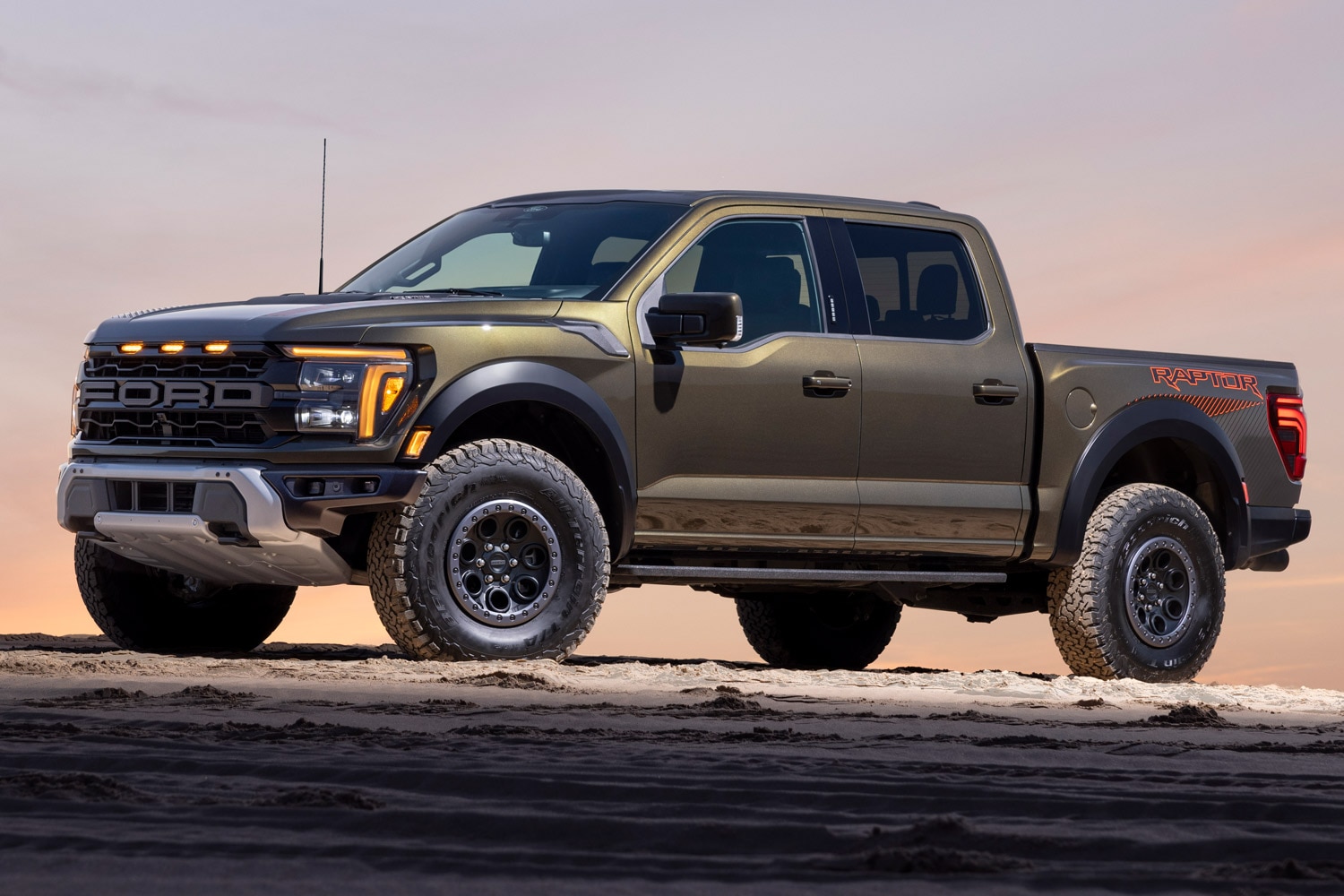
1. Ford F-150
The Ford F-150 stands as a benchmark for towing capabilities in the full-size pickup segment, boasting some of the most comprehensive tow-prep packages available on the market. Ford has invested heavily in integrating advanced towing technology that caters to both novice and experienced drivers alike.
The hallmark of the F-150’s tow package is the Pro Trailer Backup Assist, a groundbreaking feature that allows the driver to control trailer direction using a simple dial on the dashboard. This innovation eliminates the traditional difficulty associated with backing up trailers, making tight maneuvering significantly easier and reducing the risk of accidents or damage.
Beyond backup assistance, the F-150 tow package incorporates Trailer Sway Control, which automatically detects when a trailer begins to sway and applies targeted braking and throttle adjustments to stabilize the trailer.
This active system enhances safety during windy conditions or when passing large vehicles, which can often cause trailers to sway unexpectedly. The integration of this system within the truck’s electronic stability control means that the driver benefits from a seamless and intuitive towing experience, without having to make constant manual adjustments.
The structural components of the Ford F-150 also contribute significantly to its towing prowess. The truck’s high-strength, military-grade aluminum alloy body combined with a fully boxed steel frame reduces weight while maintaining exceptional durability.
This lightweight but strong construction allows for greater payload and towing capacity. Coupled with the Max Trailer Tow Package, which includes an upgraded hitch receiver, smart trailer tow connector, and a heavy-duty radiator, the F-150 can tow upwards of 14,000 pounds depending on configuration.
Additionally, the presence of engine and transmission coolers ensures the powertrain remains within optimal temperature ranges during strenuous towing, preventing overheating and maintaining performance.
Technological conveniences add another layer to the F-150’s tow-prep package. The available 360-degree camera system offers multiple viewing angles, including a specific hitch assist camera that simplifies the process of aligning the truck with a trailer.
This visual aid is invaluable when hooking up in low-light conditions or tight spaces. Furthermore, the truck’s infotainment system is integrated with trailer brake controls, allowing the driver to monitor and adjust trailer braking directly from the touchscreen.
Ford has thoughtfully designed the interior to support towing needs with dedicated storage spaces for tow accessories, trailer checklists displayed on the screen, and easy access to trailer-related diagnostics. This comprehensive approach elevates the F-150 as a top choice for anyone who needs a reliable, powerful, and technologically advanced tow-ready pickup.
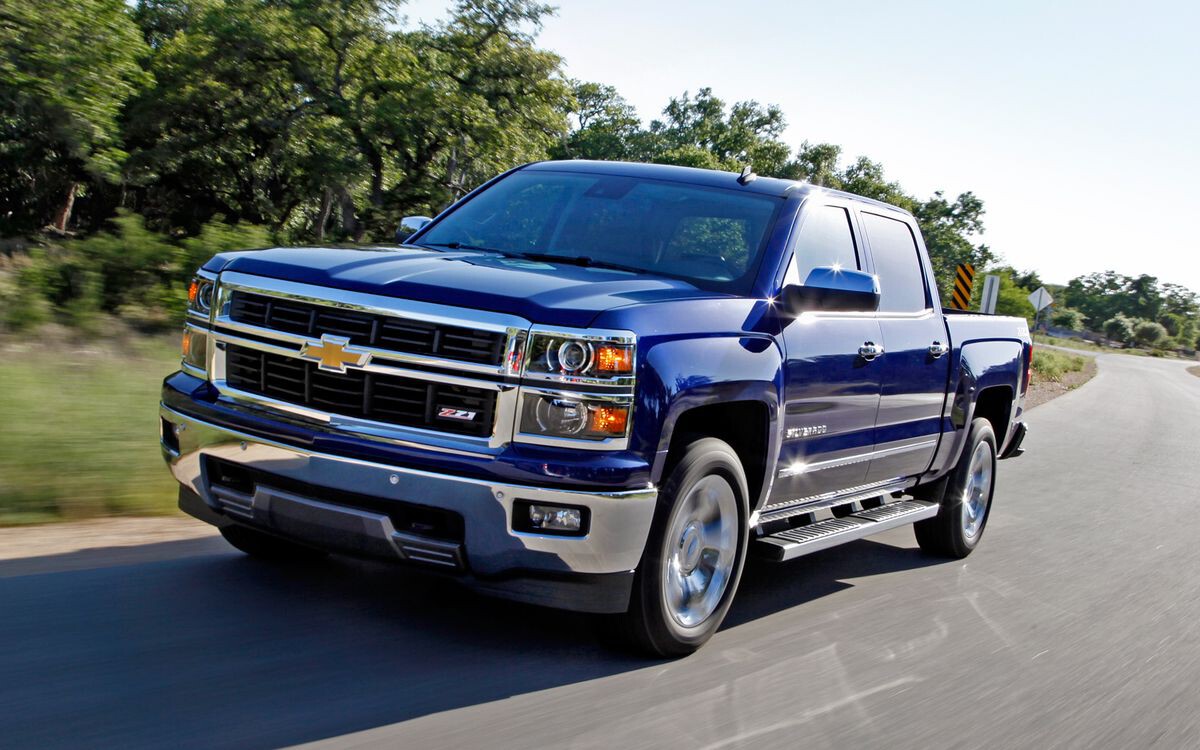
2. Chevrolet Silverado 1500
The Chevrolet Silverado 1500 is a stalwart in the towing world, offering a tow-prep package that expertly balances power, technology, and durability. Chevrolet’s Max Trailering Package elevates the Silverado’s capability, equipping it with a heavy-duty hitch platform, integrated trailer brake controller, and upgraded engine and transmission cooling systems.
This package is specifically engineered to support heavy loads and prolonged towing sessions, ensuring the truck maintains performance and safety under demanding conditions.
What truly distinguishes the Silverado is its suite of trailering technology. The Truck Bed View camera is a unique feature that allows drivers to monitor the trailer and hitch area directly from the infotainment screen, helping to simplify the hookup process.
Additionally, the Advanced Trailering System provides a customizable digital interface where drivers can manage trailer profiles, check tire pressure, monitor trailer lighting, and even access pre-departure checklists. These tools not only increase safety but also reduce the mental load on the driver during towing operations.
The Silverado’s chassis and suspension components in tow-prep configurations are robust and tuned to improve stability and ride comfort when hauling trailers. Multi-link rear suspension with coil springs provides a smooth ride, even when loaded with heavy trailers.
The truck’s engine lineup, ranging from a fuel-efficient turbocharged four-cylinder to a formidable 6.2-liter V8, offers flexibility based on towing demands and fuel economy preferences. With maximum towing capacity surpassing 13,000 pounds in properly equipped models, the Silverado is well-suited for a wide range of towing tasks, from recreational boat hauling to heavy equipment transport.
Furthermore, Chevrolet prioritizes safety with features like trailer sway control, hill start assist, and integrated trailer brake control. The availability of a diesel engine option in certain trims adds torque and towing longevity, making the Silverado a favorite among those who tow regularly.
Chevrolet’s reputation for rugged reliability, combined with advanced tow-prep features, creates a package that appeals to professional users and weekend warriors alike. The Silverado 1500 is a truck designed not just to tow but to tow smart, with technology and hardware working in unison.
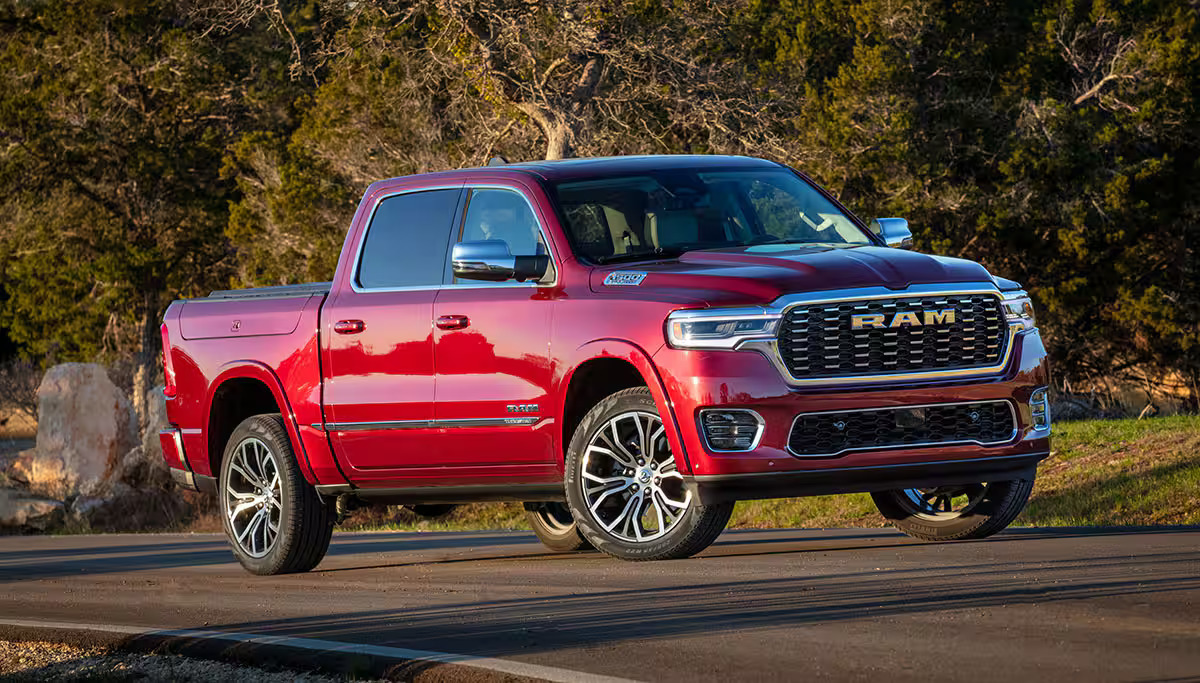
3. Ram 1500
Ram 1500 has carved a reputation for combining comfort, capability, and technology, with its tow-prep packages reflecting this well-rounded approach. At the core of Ram’s tow package is a focus on ease of use and driver assistance, helping those who might otherwise be daunted by the complexities of towing heavy loads.
Included in the package are Class IV hitch receivers and integrated trailer brake controllers that are factory calibrated for seamless performance. This ensures that the trailer’s braking system responds correctly and smoothly, improving overall safety.
Ram also offers a standout feature called Trailer Reverse Guidance, which works alongside a rearview camera to provide visual guides on the infotainment display when backing up a trailer.
This innovative technology demystifies reversing maneuvers that traditionally challenge many drivers. Ram’s tow package also includes Trailer Sway Control and Hill Start Assist, designed to keep both truck and trailer stable on hilly or uneven terrain, reducing the risk of accidents during difficult driving situations.
Under the hood, Ram offers powerful engine options, including a 5.7-liter HEMI V8 and a 3.0-liter EcoDiesel V6, which deliver strong torque figures essential for towing heavy trailers.
The tow-prep package enhances the truck’s suspension with a rear multi-link coil spring setup that improves ride comfort and handling stability when towing. Ram also includes engine and transmission coolers as part of its package to prevent overheating under heavy load conditions.
On the technology front, the Ram 1500’s Uconnect infotainment system provides a dedicated trailering interface that helps drivers monitor trailer tire pressure, check light statuses, and receive diagnostic alerts in real-time.
The availability of features like the RamBox Cargo Management System adds practical storage solutions for towing accessories, making preparation and cleanup easier. With maximum towing capacities exceeding 12,750 pounds in some configurations, the Ram 1500 offers a blend of power, technology, and convenience, making it a highly competitive tow-ready pickup.
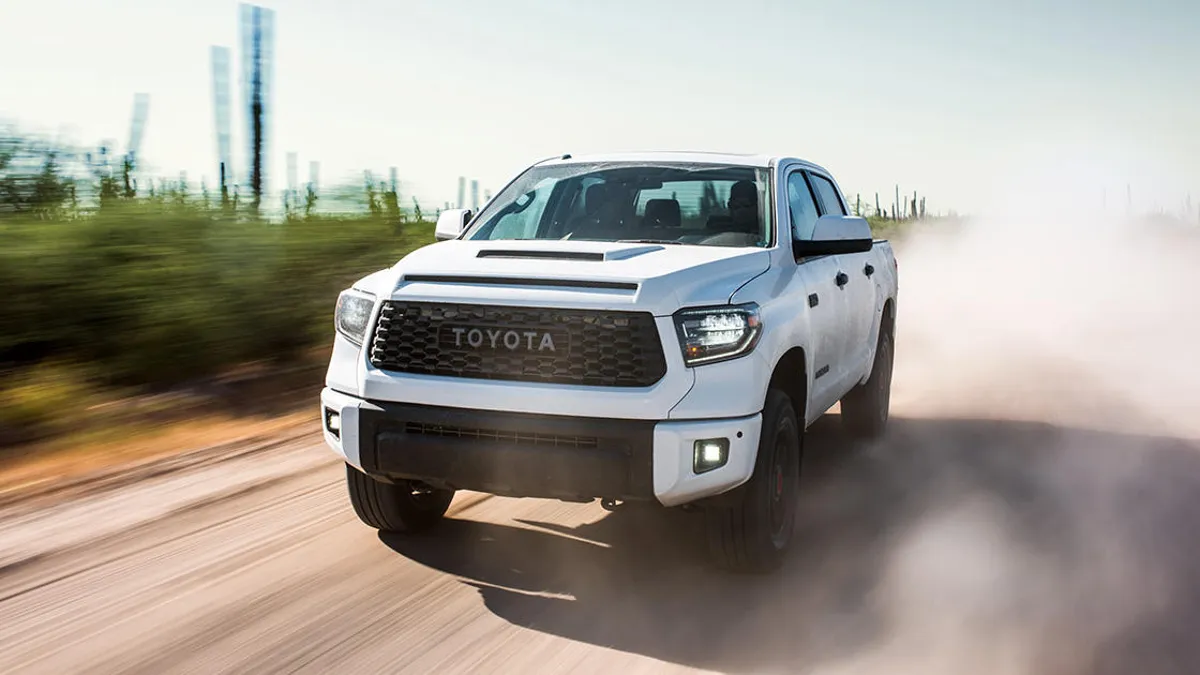
4. Toyota Tundra
The Toyota Tundra, while known for its legendary reliability and off-road capabilities, also offers a highly effective tow-prep package tailored to meet the needs of heavy haulers.
Toyota’s approach centers on providing a durable, no-nonsense setup with essential tow gear that includes a Class IV hitch receiver, integrated trailer wiring, and an electronic trailer brake controller. These components come standard or as part of towing packages on most trims, ensuring a ready-to-go towing setup straight from the dealership.
One of the Tundra’s key towing features is its Tow/Haul mode, which modifies the transmission’s shifting patterns to optimize power delivery and engine braking while towing.
This mode enhances control and reduces wear on the transmission during towing, particularly on steep grades or during long descents. Toyota also equips the Tundra with upgraded suspension components and reinforced frame sections to better manage the stresses associated with towing.
Cooling is another critical aspect, and Toyota includes transmission and engine oil coolers in its tow-prep package to maintain temperature control during heavy towing.
Trailer Sway Control is standard, contributing to safer towing by detecting and mitigating trailer instability in real time. Toyota supplements these mechanical features with safety technologies like Blind Spot Monitor with Trailer Coverage, which alerts the driver to vehicles in blind spots while towing, further increasing safety on busy highways.
While Toyota’s infotainment system may not be as tech-heavy as some competitors’, the Tundra compensates with a suite of practical towing tools and rugged dependability.
Multi-angle rearview cameras assist in trailer hookup, and the truck’s body-on-frame construction delivers durability that many owners value for long-term towing use. With maximum towing capacities reaching around 12,000 pounds, the Toyota Tundra remains a favorite among those who prioritize reliability, simplicity, and a strong factory tow-prep package.
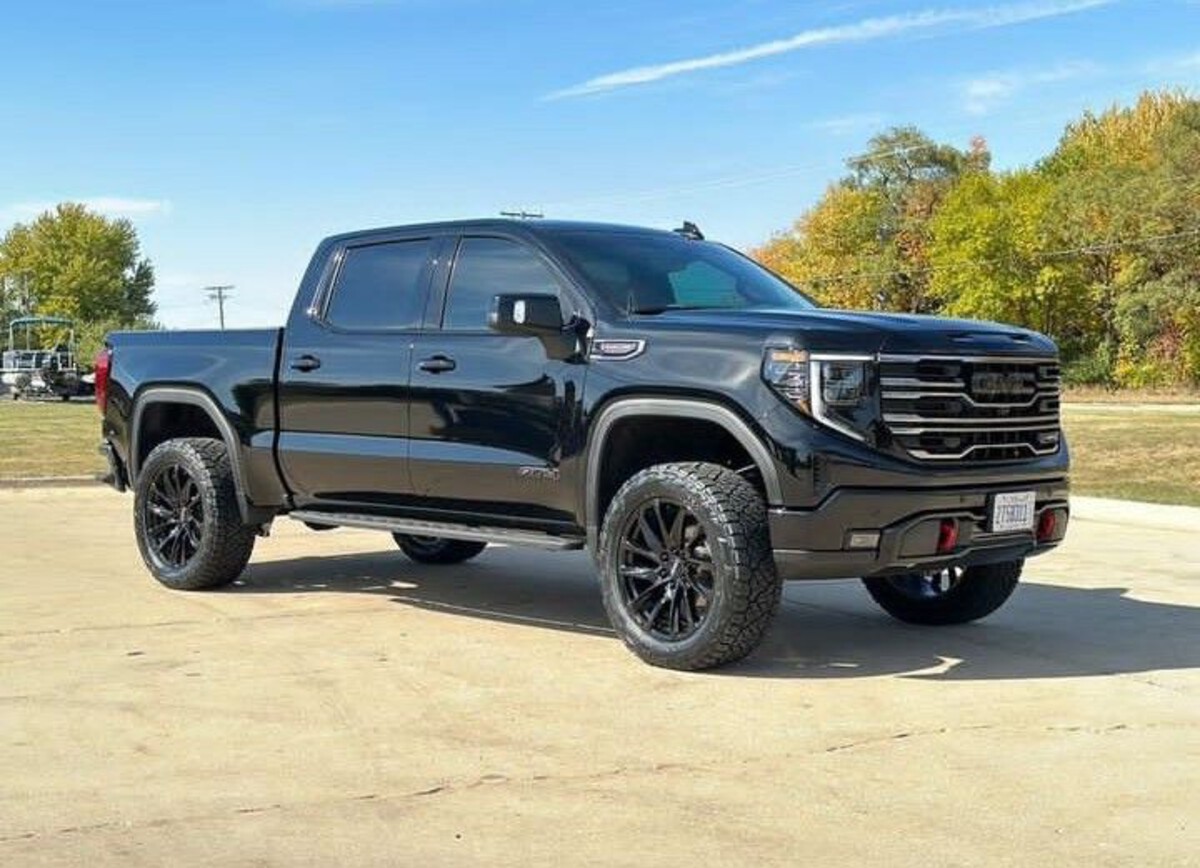
5. GMC Sierra 1500
The GMC Sierra 1500 shares much of its mechanical underpinnings with the Chevrolet Silverado but differentiates itself by integrating upscale features and refined trailering technology. Its Max Trailering Package is a comprehensive offering that prepares the Sierra to tow heavy loads with confidence.
This package includes a heavy-duty hitch receiver, integrated trailer brake controller, enhanced engine and transmission cooling systems, and an upgraded trailer wiring harness, all designed to work seamlessly with GMC’s suite of towing assist technologies.
One of the standout features of the Sierra’s tow-prep package is the MultiPro Tailgate, which is a versatile tailgate system offering six different configurations to assist with loading, unloading, and securing cargo. This feature is particularly beneficial for trailer users, as it facilitates easier access to the truck bed and can serve as a convenient step or work surface.
The Sierra also offers an advanced trailering system with an in-vehicle trailering app, providing drivers with real-time data on trailer tire pressure, brake status, and lighting diagnostics, helping to avoid common towing issues before they become serious problems.
Mechanically, the Sierra is built on a strong frame with suspension enhancements tailored for towing, including upgraded shocks and springs to maintain stability and comfort.
Engine choices include powerful V8s and a fuel-efficient diesel, both delivering the torque and power necessary for hauling heavy trailers. With a maximum towing capacity nearing 12,500 pounds, the Sierra offers competitive strength in its segment.
Safety features are abundant, with trailer sway control, hill start assist, and multiple camera views assisting the driver during towing operations. The Sierra’s upscale interior and advanced technology suite appeal to buyers who want a truck that combines luxury and capability.
Overall, the GMC Sierra 1500’s tow-prep package provides a well-rounded and sophisticated setup for demanding towing scenarios, blending power, convenience, and innovation into one capable package.
5 Trucks with Minimal Tow Gear
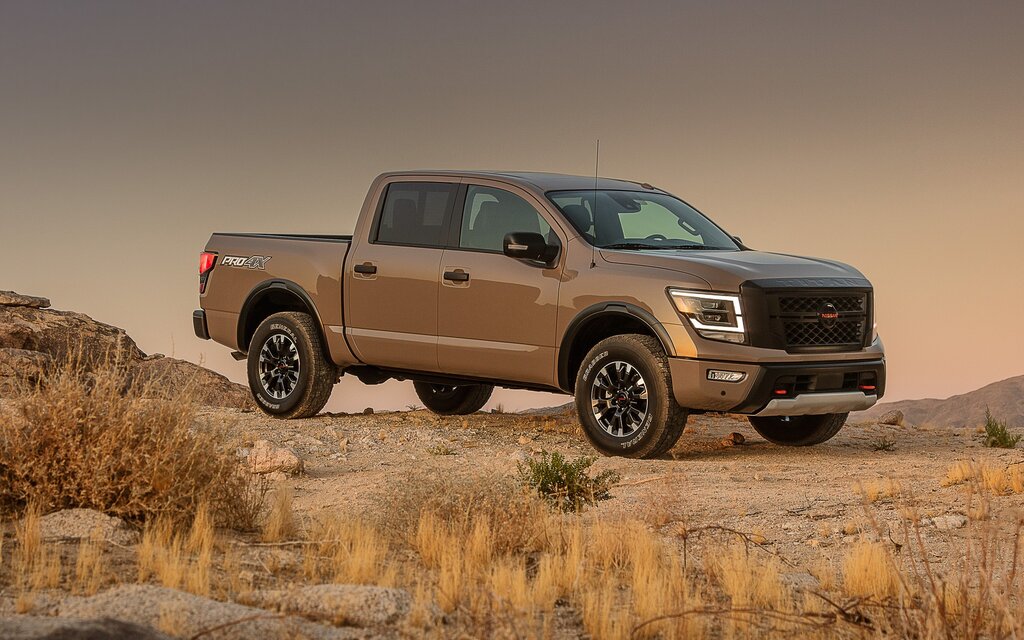
1. Nissan Titan
The Nissan Titan, while boasting a robust V8 engine and a respectable towing capacity, typically comes with a fairly minimal tow-prep package straight from the factory. For many buyers, this means that the base and mid-level Titan models include only the basic essentials: a Class IV hitch receiver and the necessary wiring harness for trailer lights.
However, important components such as integrated trailer brake controllers, sway control, and upgraded cooling systems are often not standard and may require dealer-installed packages or aftermarket additions. This lack of comprehensive tow-prep gear can limit the truck’s towing potential and convenience, especially for those planning regular or heavy towing.
The absence of factory-installed trailer brake controllers in most trims is a significant drawback for many potential tow owners. Proper trailer braking is essential for safety and control, especially when towing larger trailers.
Without an integrated system, Titan owners may need to invest in additional equipment and installation, which adds complexity and cost. This minimal setup means that drivers must be more vigilant and experienced when towing, as the truck offers fewer electronic safety nets to assist with sway or braking.
Another critical aspect where the Nissan Titan’s minimal tow gear shows its limitations is in cooling and suspension. The base Titan models are not equipped with enhanced engine and transmission coolers designed for prolonged heavy towing.
This omission can lead to increased wear and overheating risks during long hauls or when towing near the truck’s maximum capacity. Similarly, the suspension system in these trims is tuned more for everyday driving comfort rather than handling heavy trailer loads, which can result in a less stable towing experience.
While Nissan offers more advanced towing options in higher trims or as dealer-installed packages, the minimal factory tow gear on the base and mid-level Titans means buyers need to be proactive about adding the necessary features for safer and more effective towing.
For occasional light-duty towing, the Titan’s basic setup may suffice, but for frequent or heavy trailer hauling, this minimal approach can be a limitation that requires additional investment and preparation.
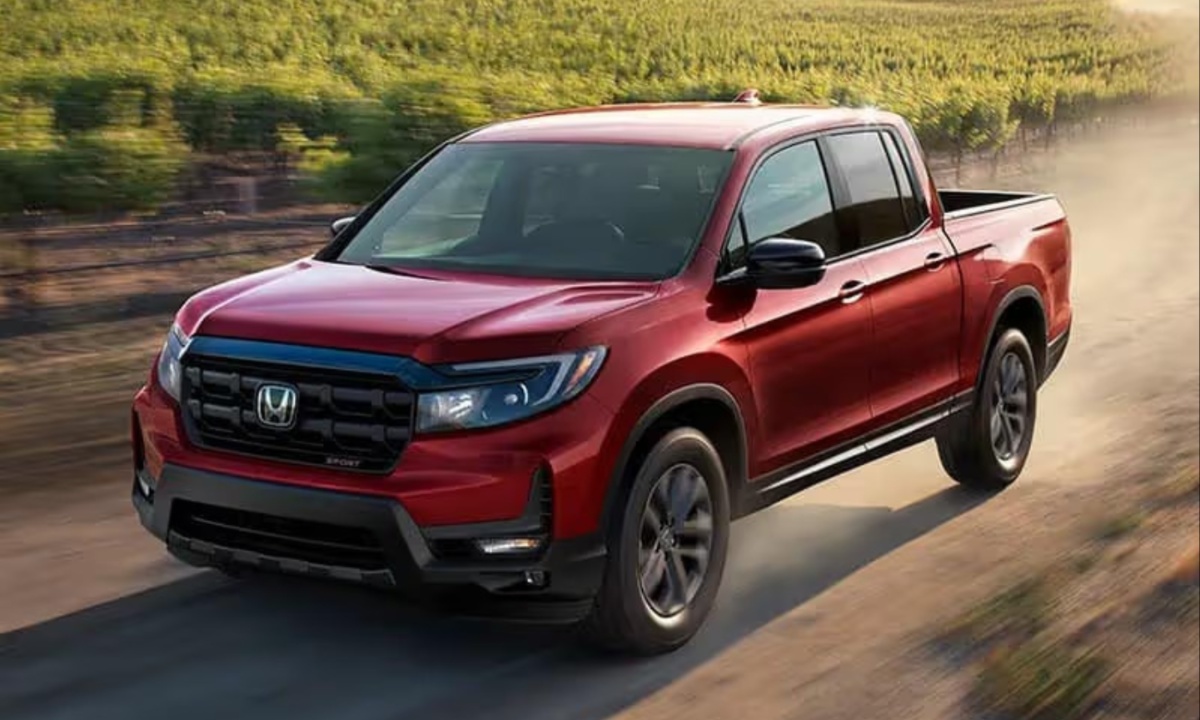
2. Honda Ridgeline
The Honda Ridgeline is well-known for its car-like ride quality and practicality, but it takes a different approach from traditional body-on-frame pickups, particularly when it comes to towing equipment. The Ridgeline uses a unibody construction, which provides a smooth driving experience but inherently limits heavy-duty towing capabilities.
Factory tow gear on the Ridgeline is minimal and mostly geared toward light-duty tasks, which means that it includes a Class III hitch receiver and a basic wiring harness but lacks more advanced or heavy-duty towing features.
One of the significant limitations of the Ridgeline’s minimal tow-prep setup is the absence of a factory-integrated trailer brake controller. For towing trailers over a certain weight, a trailer brake controller is essential to provide effective braking and enhance safety.
Since the Ridgeline does not come with this feature standard, owners must purchase and install aftermarket controllers if they plan to tow anything substantial. This adds to the complexity and cost of preparing the Ridgeline for heavier towing duties.
Moreover, the Ridgeline’s cooling system is not designed with towing in mind. Without upgraded engine and transmission coolers, the truck is more prone to overheating under heavy loads or during extended towing sessions.
This can reduce the overall towing capacity and lead to increased wear on the drivetrain. Additionally, the suspension on the Ridgeline is tuned primarily for comfort and on-road handling rather than towing stability, which means that heavier trailers can cause the truck to feel less stable or responsive.
While the Ridgeline has a respectable maximum towing capacity of around 5,000 pounds, its minimal tow gear and design philosophy mean it is best suited for light-duty towing, such as small campers, boats, or utility trailers.
For buyers who require a more robust towing setup, the Ridgeline may fall short, and they might need to look to other trucks with more comprehensive tow-prep packages.
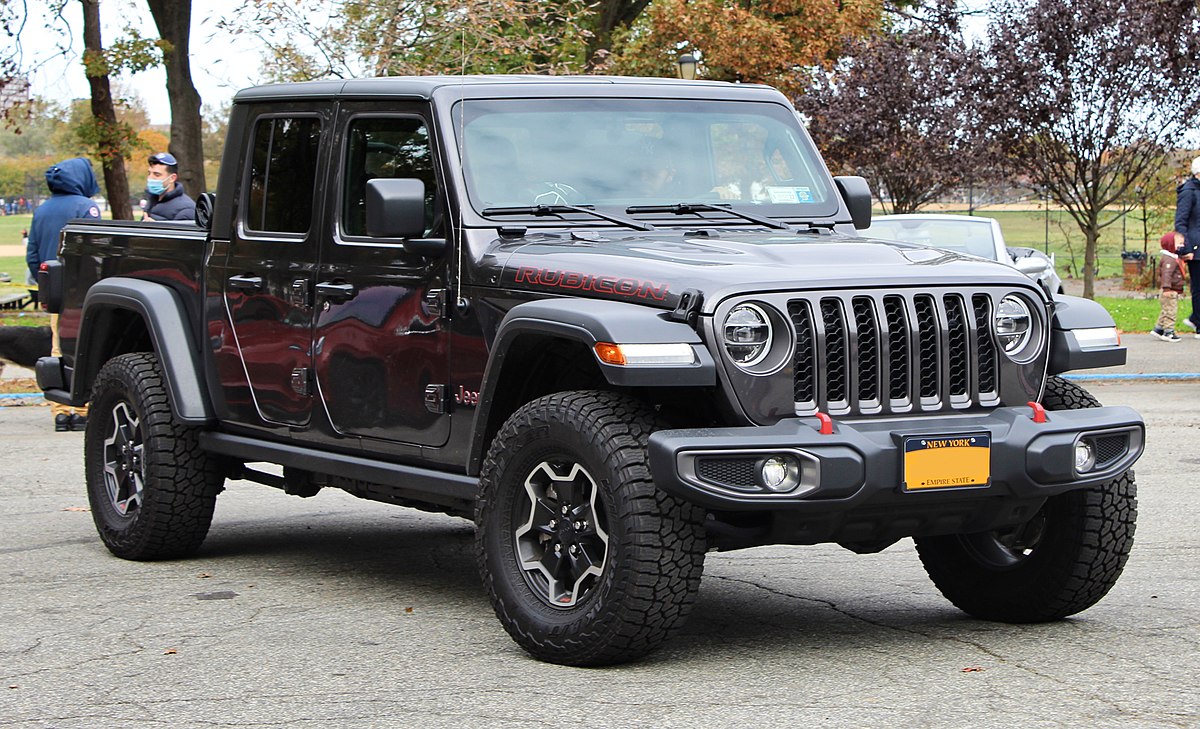
3. Jeep Gladiator (Base Models)
The Jeep Gladiator offers a unique blend of off-road capability and pickup utility, but its base models come with minimal tow-prep equipment. The truck is designed to be rugged and adventurous, focusing more on trail performance than towing convenience.
Base Gladiators include the basic tow essentials, such as a hitch receiver and trailer wiring harness, but lack integrated trailer brake controllers, sway control systems, and enhanced cooling packages that are critical for safe and effective towing.
This minimal tow setup means that the Gladiator’s towing experience, particularly with heavier trailers, requires additional aftermarket gear or dealer-installed upgrades to ensure safety and control.
Without factory-installed trailer sway control, drivers must manually compensate for trailer instability during windy conditions or sudden maneuvers. This increases the difficulty and risk of towing, especially for those who tow frequently or with large trailers.
The Gladiator’s engine cooling and suspension systems in base trims also are not optimized for towing. While the truck features capable powertrains, including a 3.6-liter V6 and an optional diesel, the lack of upgraded coolers means that prolonged towing can stress the engine and transmission.
Similarly, the suspension is designed with off-road articulation in mind, which can sometimes be less ideal for maintaining stability with heavy trailers on paved roads.
For Jeep Gladiator buyers, the minimal factory tow gear means the truck is better suited for light towing or recreational uses that do not involve heavy trailers. The Gladiator’s appeal lies in its rugged, go-anywhere personality, but towing enthusiasts looking for a plug-and-play tow-ready truck will likely find the base models require significant modifications to meet their needs.
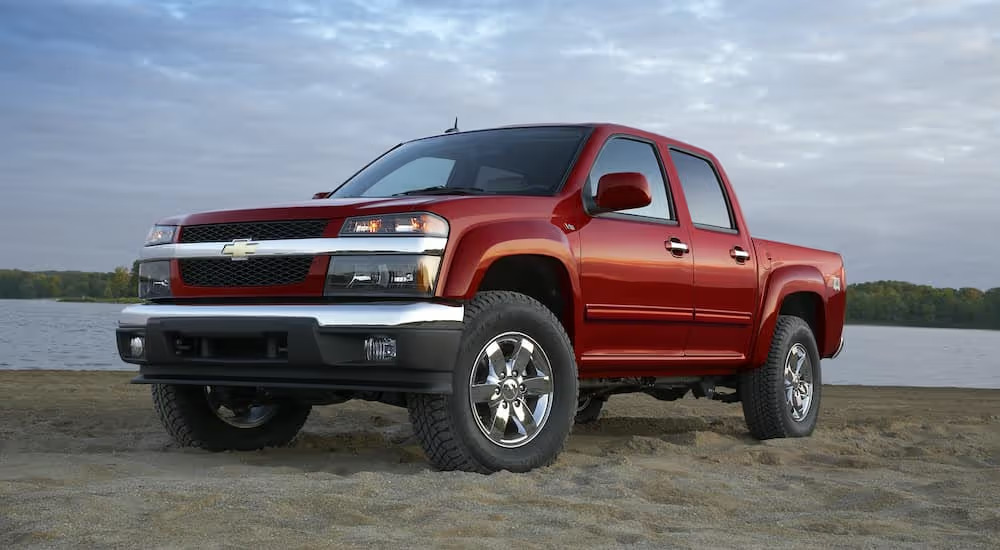
4. Chevrolet Colorado (Base Models)
The Chevrolet Colorado is a midsize truck that offers solid performance and efficiency but comes with minimal tow gear in its base configurations. The essential components like a standard hitch receiver and a basic wiring harness are included, but advanced tow-prep features such as trailer brake controllers, sway control, and heavy-duty cooling systems are typically absent.
This means that the base Colorado is only minimally equipped for towing, which can limit its appeal to buyers who require more serious towing capabilities out of the gate.
Without an integrated trailer brake controller, Colorado owners who plan to tow heavier trailers need to invest in aftermarket solutions or higher trims to gain better control over trailer braking.
This increases the overall cost and complexity of preparing the truck for safe towing. Furthermore, the absence of sway control systems reduces the truck’s ability to automatically manage trailer instability, placing more responsibility on the driver during towing.
The suspension and cooling systems on the base Colorado trims also reflect their lighter towing focus. The suspension is tuned more for comfort and general driving rather than optimized for towing stability, and the lack of enhanced engine and transmission coolers means the truck is more susceptible to overheating during extended towing sessions. This can reduce reliability and increase wear over time.
While the Colorado offers respectable towing capacities—generally in the 7,000-pound range depending on configuration—the minimal tow gear on base models means these figures might not be easily or safely achievable without additional upgrades. Buyers seeking a truck that is ready to tow heavier loads immediately will need to consider higher trims or aftermarket modifications.
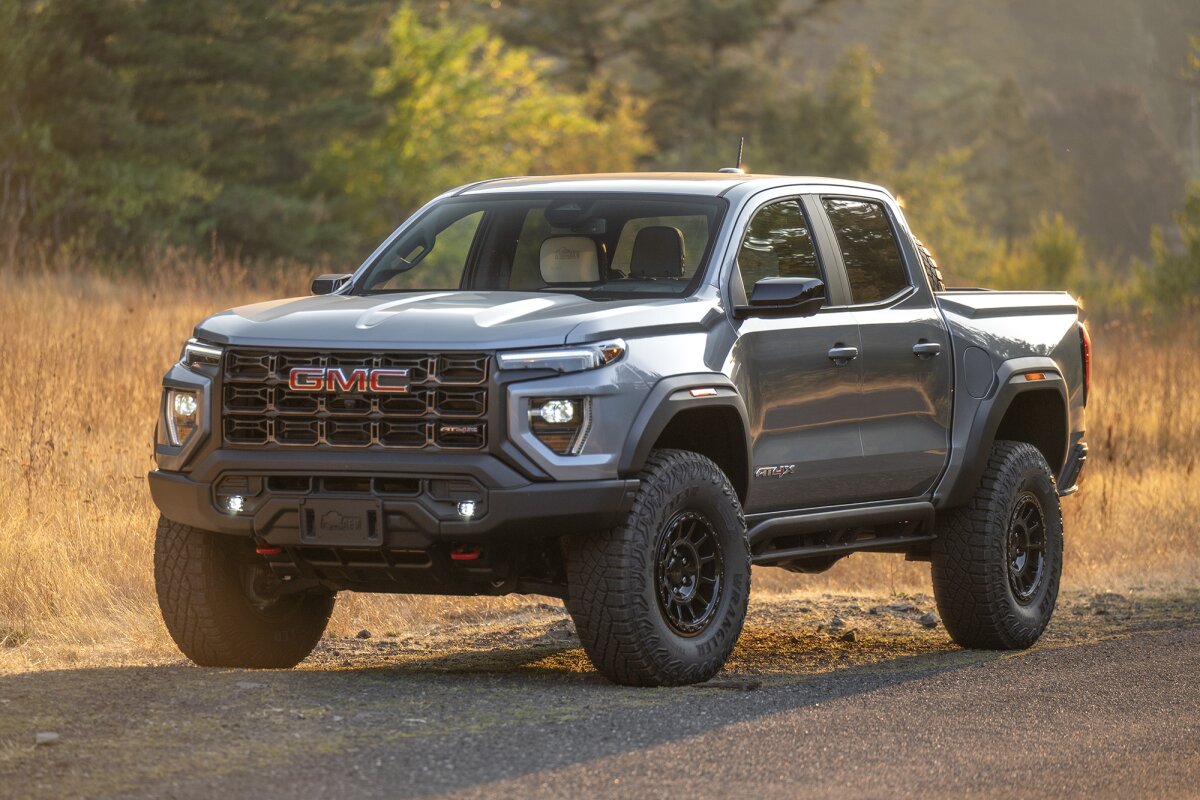
5. GMC Canyon (Base Models)
The GMC Canyon, a close relative of the Chevrolet Colorado, shares many of the same characteristics regarding tow gear. Base models typically come with minimal tow-prep equipment, featuring only the essential hitch receiver and wiring harness.
Important towing features like integrated trailer brake controllers, sway control, and upgraded cooling packages are not standard in entry-level trims, making the base Canyon less ideal for frequent or heavy towing.
This minimal setup translates into practical challenges for owners who intend to use the Canyon as a serious tow vehicle. Without factory-installed trailer brake controllers, drivers must look to add aftermarket components to ensure proper trailer braking functionality.
The lack of sway control technology means towing stability is less reliable, increasing the risk of trailer sway and accidents, especially in challenging driving conditions. The suspension and cooling systems in the base GMC Canyon models are also tuned more toward everyday driving comfort rather than the stresses of towing.
The absence of transmission and engine coolers can lead to overheating and increased drivetrain wear under heavy load conditions, which affects long-term durability and reliability. Suspension components are not reinforced for heavy trailer weights, potentially impacting ride quality and control.
Despite having towing capacities of up to approximately 7,700 pounds in certain configurations, the minimal tow gear in base Canyon models means that achieving and maintaining those numbers safely requires additional investment in equipment and possibly suspension upgrades.
For buyers who want a truck that is tow-ready right from the factory, the base GMC Canyon falls short compared to trucks with comprehensive tow-prep packages.
Also Read: 5 Trucks With the Best LED Bed Lighting and 5 With Dim Lamps
Selecting the right truck for towing is about far more than just raw horsepower or maximum towing capacity numbers. While these figures certainly matter, the presence and quality of tow-prep packages are often the real differentiators that determine how well a truck performs on the road when hauling trailers.
Trucks equipped with advanced tow-prep packages offer a range of benefits that enhance safety, durability, and convenience, making the towing process more manageable and less stressful for drivers of all skill levels.
The five trucks featured with the best tow-prep packages—such as the Ford F-150, Chevrolet Silverado 1500, Ram 1500, Toyota Tundra, and GMC Sierra 1500—demonstrate how comprehensive factory-installed features transform towing from a challenging task into a more seamless and enjoyable experience.
These vehicles combine robust hardware like heavy-duty hitch receivers and upgraded cooling systems with smart technology like trailer sway control, integrated trailer brake controllers, and sophisticated camera systems that assist with hitching and reversing.
This synergy of engineering and technology not only improves the truck’s ability to handle heavy loads but also contributes to the driver’s confidence and safety on the road.
On the flip side, trucks with minimal tow gear—such as base models of the Nissan Titan, Honda Ridgeline, Jeep Gladiator, Chevrolet Colorado, and GMC Canyon—offer a more basic towing experience that may be sufficient for light-duty or occasional towing but often require additional investment and upgrades for more demanding use.
The lack of integrated trailer brake controllers, sway control systems, and upgraded cooling packages means these trucks are less equipped to handle the stresses of heavy or prolonged towing, potentially impacting safety, performance, and the longevity of the vehicle.
For many buyers, understanding these limitations is critical to avoid costly surprises and ensure their towing setup aligns with their needs. Ultimately, the choice between a tow-ready truck with a comprehensive factory package and one with minimal tow gear depends on individual towing habits, budget, and willingness to add aftermarket equipment.
For heavy users, investing in a truck with a fully equipped tow-prep package from the outset often pays dividends through enhanced safety, lower maintenance risks, and improved ease of use.
For lighter users or those who tow infrequently, a truck with minimal tow gear might be practical, provided they approach towing cautiously and consider adding key upgrades when necessary.
As towing technology continues to evolve, manufacturers are increasingly integrating smart features that help reduce human error, improve stability, and enhance communication between truck and trailer.
Features like Pro Trailer Backup Assist, real-time tire pressure monitoring, and advanced sway control are becoming standard or widely available, making towing safer and more accessible to a broader range of drivers.
In conclusion, whether you’re a professional contractor hauling heavy equipment or an outdoor enthusiast towing a camper or boat, paying close attention to tow-prep packages is essential. These factory-installed features and upgrades provide a foundation of safety, reliability, and convenience that no amount of raw engine power alone can offer.
By carefully evaluating trucks based on their tow-prep capabilities, you ensure that your investment not only meets your hauling demands but also provides peace of mind every time you hit the road with a trailer in tow.

